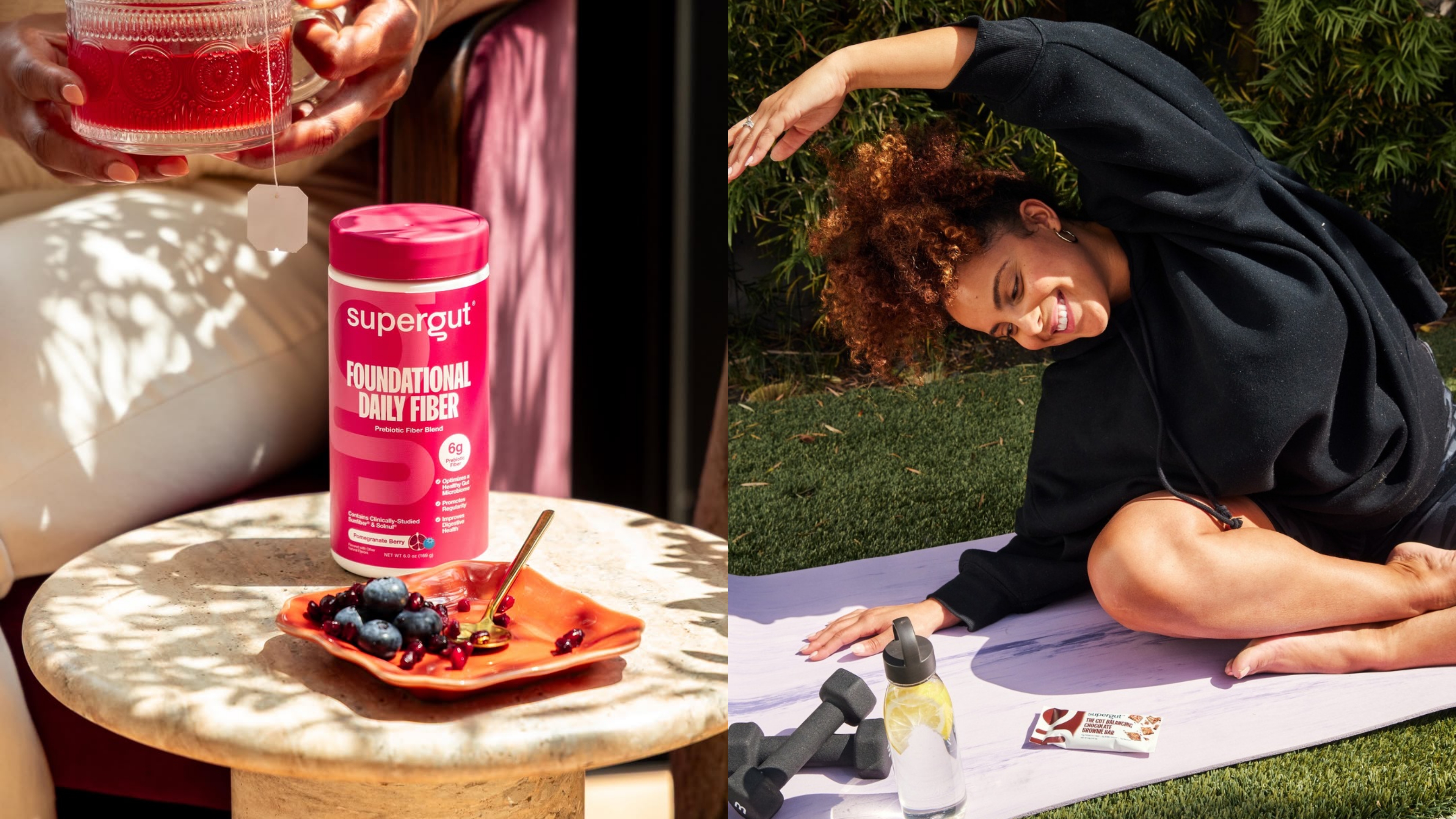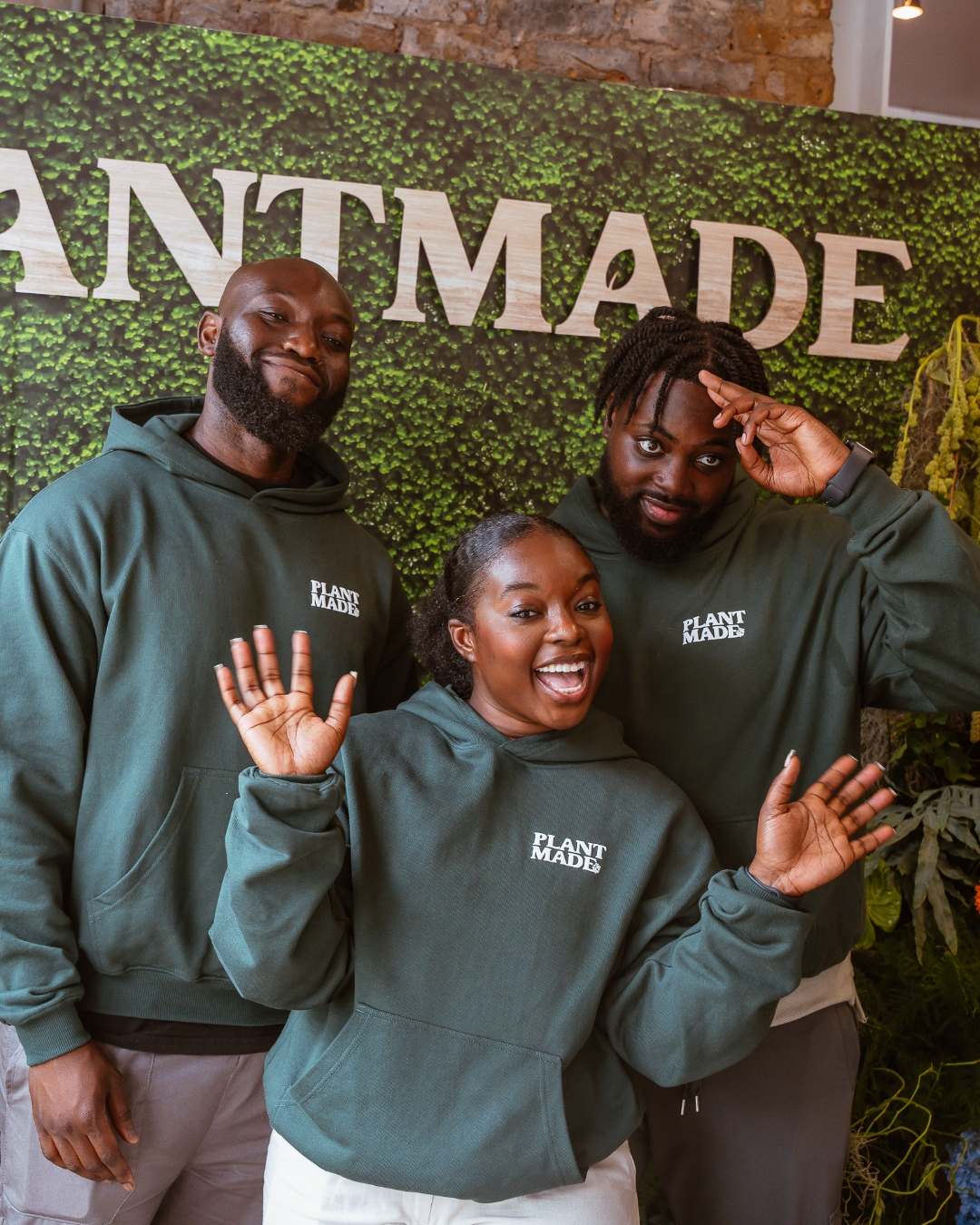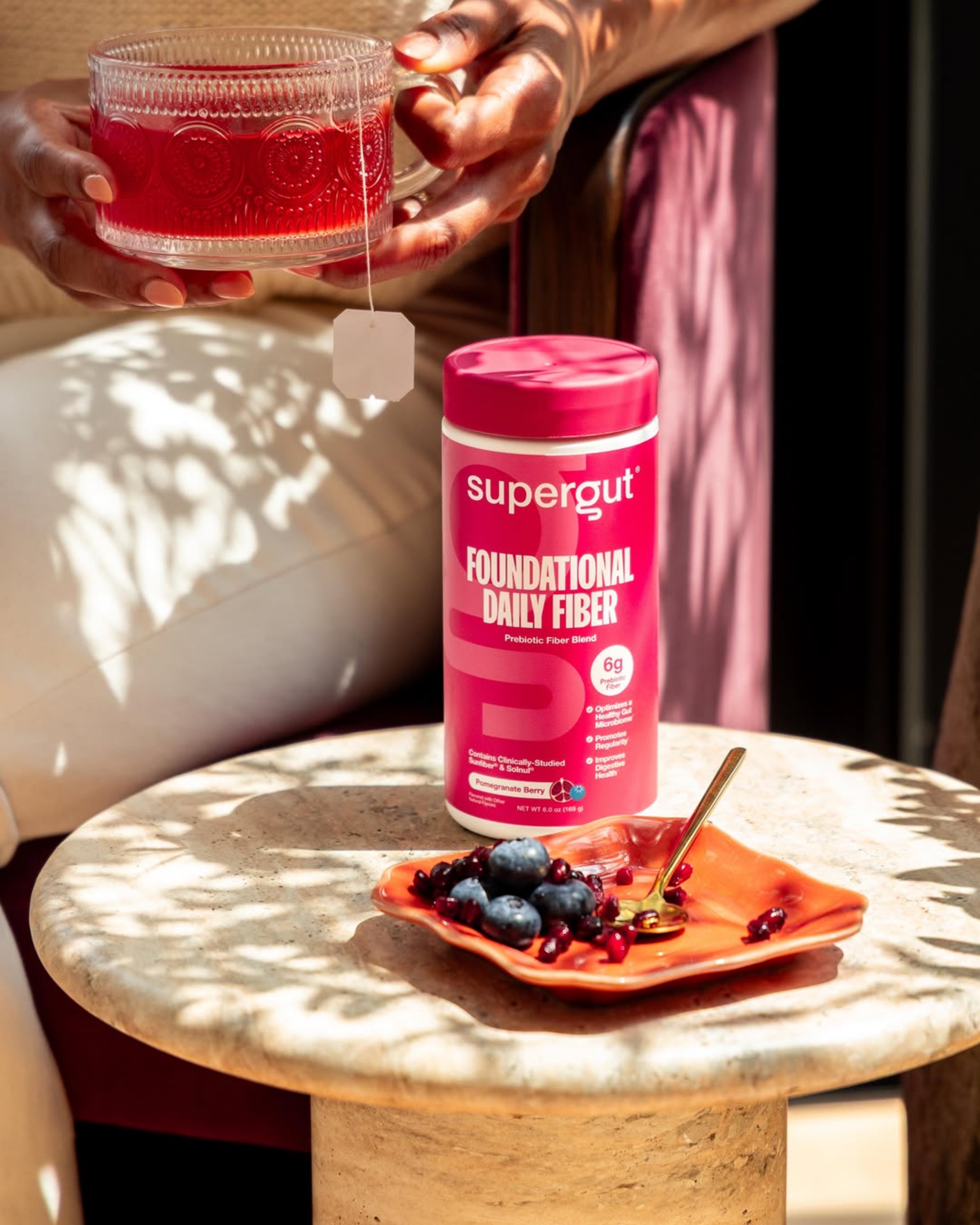Black entrepreneurs in the beauty industry are often confined to conversations about representation. While visibility remains critical, many Black founders are moving past participation in crowded sectors such as cosmetics and hair care. They are inventing entirely new categories—from holistic wellness and mental‑health platforms to fertility tech, avant‑garde fragrance and gaming ecosystems. These founders aren’t waiting for an invitation into existing markets; they’re building businesses that redefine what the market can be.
Whole-Self
Expanding the wellness category
Traditional wellness products often centre euro‑centric standards of beauty and commodify self‑care. Black founders are broadening the idea of wellness by fusing ancestral practices, science‑backed nutrition, mental‑health support and community‑driven experiences.
Doula‑led maternal care
Latham Thomas created Mama Glow, a holistic reproductive justice platform that provides doula services, childbirth education and pregnancy/postpartum support. Her program trains doulas worldwide and supports clients from fertility to birth and beyond.
Gut‑health nutrition
Marc Washington’s Supergut builds evidence‑based food products—prebiotic shakes, bars and fiber mixes—to regulate metabolism and energy. Washington describes the brand as a tool for closing health disparities by making gut health accessible.
Community healing spaces
HealHaus co‑founders Darian Hall and Elisa Shankle created a Brooklyn sanctuary that blends yoga, meditation and talk therapy. Their mission is to destigmatize healing and provide donation‑based events to reach marginalized communities.
Clinical psychology meets culture
Black Mental Wellness, founded by four Black clinical psychologists, offers culturally responsive toolkits, mentorship and newsletters. The founders combine professional expertise and lived experience to address unique mental‑health needs in the Black community.
Global luxury retreats
Christina Rice’s OMNoire hosts retreats for women of color that integrate yoga, meditation, spa treatments and cultural excursions. An online community helps sustain connection and accountability.
Adaptogens and herbs
Neuroscience researcher Nadine Joseph launched Peak + Valley, blending adaptogenic herbs and mushrooms to help consumers manage stress. The company emphasises transparent sourcing and a mission to build a better herbal trade.
Mental‑health safety net for founders
After a “breaking point” during the rapid growth of her supplement brand BodyCompleteRx, Samia Gore launched FoundnWell, a non‑profit that provides free mental‑health services to minority entrepreneurs
Femtech
Reinventing fertility and maternal health
Black women face greater maternal mortality and are often underserved by fertility clinics. Several Black founders are using technology and advocacy to build services that meet the specific needs of people of color.
Personalised fertility care
Blair Matthews and Giuliana Zaccardelli co‑founded Zuri Fertility, a digital platform that offers at‑home testing kits, virtual consultations and community support for couples. The service addresses the emotional, physical and financial aspects of fertility journeys while tackling stigma around male infertility. Matthews says that by providing accessible, trustworthy information online, the platform empowers couples and makes fertility care more inclusive.
Maternal telehealth
Simmone Taitt launched Poppy Seed Health, an app that connects expectant parents with doulas, midwives and nurses on demand. A portion of subscription fees subsidizes services for Medicaid recipients, demonstrating a model that centers equity in maternal care.
Holistic birth support
Through Mama Glow, Latham Thomas also champions reproductive justice by offering doula training and advocacy for policy change.
Mood-Based Perfume
Redefining fragrance as mood and storytelling
The fragrance industry traditionally markets luxury through celebrity endorsements or status symbols. Black founders are challenging this paradigm by positioning scent as a tool for self‑expression, emotional well‑being and cultural storytelling.
MOODEAUX
Brianna Arps created a brand that frames perfume as “self‑love in a bottle.” MOODEAUX produces clean, vegan, gender‑neutral fragrances designed to evoke emotions and encourage customers to “embrace every part of themselves.” The company’s inclusive marketing and philanthropic arm (Black In Fragrance) have helped it become the first Black‑owned fragrance brand in Urban Outfitters and Credo Beauty.
Brown Girl Jane
This scent line was built to support the wellness of women of color. Each fragrance is intended to evoke a specific mood or transport wearers to far‑flung locales, making the brand more about self‑care and emotional journeys than status.
World of Chris Collins
Former model Chris Collins designs luxury scents inspired by the Harlem Renaissance and his travels, using storytelling and history to craft complex fragrances for a niche audience.
La Boticá and Harlem Candle Company
Dawn Marie West’s La Boticá infuses perfumes and candles with Afro‑Dominican culture and sustainable ingredients, donating proceeds to youth programs. Teri Johnson’s Harlem Candle Company captures the glamour of Harlem’s jazz era in candles that celebrate Black cultural history.
Culture-First Gaming
Building New Pathways in Gaming and Esports
While mainstream gaming has been criticized for its lack of Black representation, several Black founders are staking claim to emerging niches within the industry, from high‑school esports infrastructure to narrative‑driven mobile games.
Esports infrastructure
Delane Parnell founded PlayVS, a platform that powers high‑school esports competitions. The software integrates directly into games to schedule matches, track stats and report wins/losses, providing schools with the infrastructure to launch esports programs. PlayVS has raised significant funding and aims to build a subscription service with millions of users.
Education‑to‑Entertainment ecosystems
Danny Martin’s Esposure operates an 8,000‑square‑foot facility and runs programs like Pathway to Pro to train and employ young people in esports careers. The company’s ecosystem is designed to educate, entertain and empower, offering field trips, professional development and immersive learning.
Inclusive game publishing
Latoya Peterson and Mitu Khandaker co‑founded Glow Up Games after recognizing the absence of Black women in leading roles in video games. Their studio develops and publishes mobile games for underrepresented audiences, including an official game for HBO’s Insecure. They plan to become the go‑to publisher for games featuring characters who are women and people of color.
Why Category Ownership Matters
These examples demonstrate a shift from representation to category ownership. Black founders are not merely joining existing spaces but reimagining them:
- Wellness brands are blending ancestral knowledge, mental‑health advocacy and adaptogens to propose a holistic approach to well‑being.
- Fertility and maternal health companies are delivering culturally attuned, digital‑first services that prioritize equity and community.
- Fragrance startups are treating scent as a medium for mood regulation and cultural storytelling rather than a marker of luxury status.
- Gaming and esports ventures are building infrastructure, educational pipelines and inclusive narratives that reshape how people play and engage.
In a media landscape that often limits Black entrepreneurship to cosmetics or fashion, these founders remind us that innovation and category creation come from lived experience and community insight. Their work points toward a future where Black‑led companies aren’t just present in emerging markets; they define them.





.svg)


.svg)
.svg)






